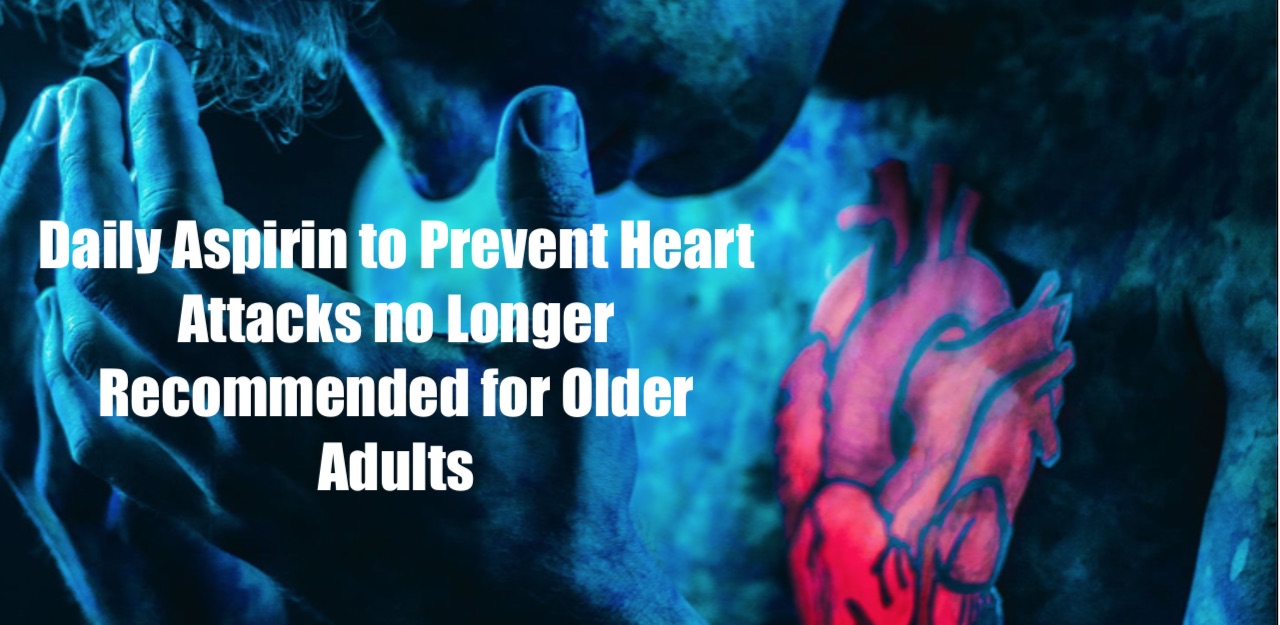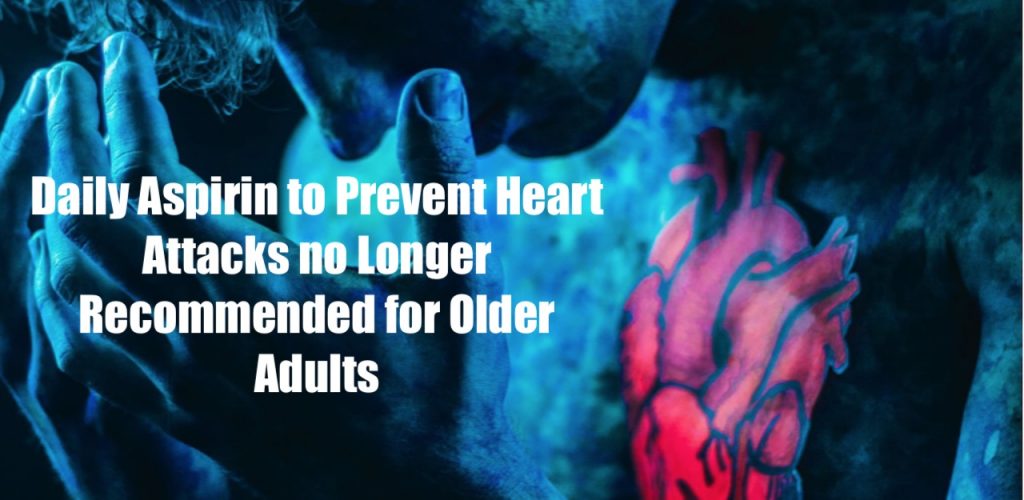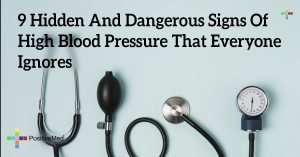New Guidelines Recommend Against Daily Aspirin for the Prevention of Heart Attacks
For decades, doctors have recommended daily aspirin as an easy way for people to prevent heart

According to the American Heart Association, three significant studies that were published last year as well as an analysis of 10 other studies published this year showed that the benefit of taking low-dose aspirin everyday was offset by the risk of internal bleeding and other side effects for individuals who have a low to moderate risk of heart disease.
More specifically, in one study, aspirin was shown to have no benefit to healthy individuals older than 70 years of age. Rather, the study showed evidence that these people could be harmed by taking aspirin everyday. As a result, the new guidelines strongly discourage doctors from prescribing these seniors a daily dose of aspirin.
For most healthy individuals, the risks of taking a daily dose of aspirin simply do not outweigh the benefits. Dr. Erin Michos, one of the writers of the the new guidelines formed by the American Heart Association and American College of Cardiology stated that heart attack rates have decreased in our modern society. Lower smoking rates and better treatments for high blood pressure and cholesterol are now available. Michos acknowledges that there was probably more of a role for a daily dose of aspirin years ago, despite its risks.
CNN acknowledges that a daily dose of aspirin can be lifesaving for individuals who have had a heart attack, stroke, open-heart surgery, or stent
on. Aspirin may also be considered by a physician for patients between 40 and 70 years of age who are at high risk of heart disease and not at increased risk for bleeding.
The guidelines suggest that individuals at low to moderate risk of heart disease can protect themselves from cardiovascular events better by adopting a heart-healthy lifestyle. Eating a healthy diet with foods low in trans and saturated fats and cholesterol and high in fiber can help prevent high cholesterol. The Centers for Disease Control and Prevention(CDC) recommends eating a diet containing a lot of fruits and vegetables and avoiding processed foods.
Getting enough physical activity also helps lower blood pressure, cholesterol, and blood sugar levels. It’s recommended that adults get at least two hours and 30 minutes of moderately-intense exercise, such as bicycling or brisk walking, each week. Not smoking, maintaining a healthy weight, and limiting alcohol consumption are other components to living a heart-healthy lifestyle.
New guidelines on preventing heart attacks, stroke, and other cardiovascular events assert that for most healthy individuals, daily aspirin may actually be more harmful than beneficial. However, it’s important to remember that everyone is an individual. People who are concerned about their risk of heart disease should talk to their physicians about ways in which they can prevent cardiovascular events.






